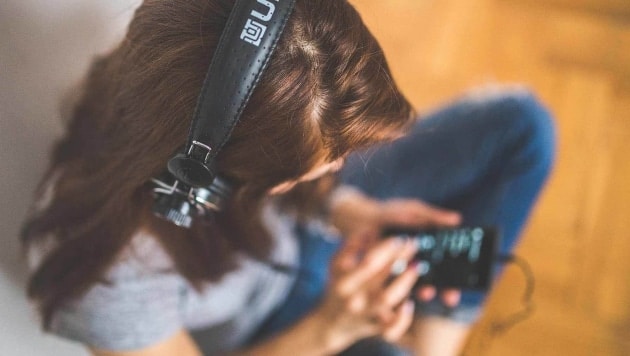Ah good ol’ "practice sessions!” We sit around drinking beer, waiting for the guitarist to start, the singer to do warm-ups, the drummer to find his drumsticks, the guitarist to then re-tune and the bassist ... maybe not the bassist, he’s usually the most serious of the lot. Still, it is not always easy to optimize practice sessions which are the essence of the progression of your artistic training. To remedy this, follow our guide to practice session efficiency!
Thou shalt be organized
Designate a “manager”: This person is assigned with the task of defining and communicating the practice place and schedules of all involved members.
Nominate a “boss”: Careful, the role of this person is not to establish a dictatorship where the world would be governed by killer hamsters. No, this person will make sure that the session is going smoothly. The job of the boss is to help members stay on track, respect time, provide material (or make sure that the guitarist, this time, does not forget his strap or his capo). But also to ensure that everyone sets up and breaks down the equipment properly... etc.

Define objectives: These should be discussed and outlined ahead of time. Which songs to work on in particular, and in what order?
Define rules: This may not apply to all groups, but outlining rules (of course with the agreement of all participants) ensures a more harmonious session.
Thou shalt practice in the best of conditions
Take breaks: Playing fast and uninterruptedly is not easy. Don’t hesitate to regularly put yourself and your performance under the microscope, analyze what you’ve just played and take stock at every moment, it will also allow the guitarist to agree and/or lower his amp.
Respect the program: Before your session, you’ve defined areas of work and improvement, so stick to it! If you want to improvise, which can be beneficial to the group, try to reserve it for your personal practice sessions. Your group members will thank you!
Adopt a positive attitude: It’s of course happened that a practice session has been frustrating, that you’ve not managed to reach your outlined objectives. Push your resentment aside, stay positive. Even you’ve not had the best time of your life, a work session always delivers results.
Fill up on energy: A grumbling stomach just before the drummer’s solo is frustrating. Eat before or bring something with you to give you a little energy boost.
How to progress efficiently?
Work on your weaknesses: Make a priority of working on the difficult parts of your pieces. Keep the rest for the future as a small reward. After effort, comes comfort!
Record and / or film sessions and concerts: Recording, even if it isn’t the most pleasant of things, will identify areas for improvement later. Video of your practice sessions can also analyze your posture and your physical presence. Afterwards a play-by-play, like any good football team, take time after the practice session (or concert) to analyze your strengths and weaknesses with the team.

Communicate and listen: You are a group, you are a team, it is essential that everyone listen and look at each other. We often tend, for the sake of concentration, to focus only on our instrument. It may seem logical, but when each of the musicians knows their parts, force yourself to listen and analyze what everyone is playing together, it will create a link between your instruments and erase superfluous phrases while providing a coherent and accurate sound.
Don’t forget your homework: Each musician must practice individually at home before any practice session. Choose what to work on then based on the session’s program and according to the set objectives.



